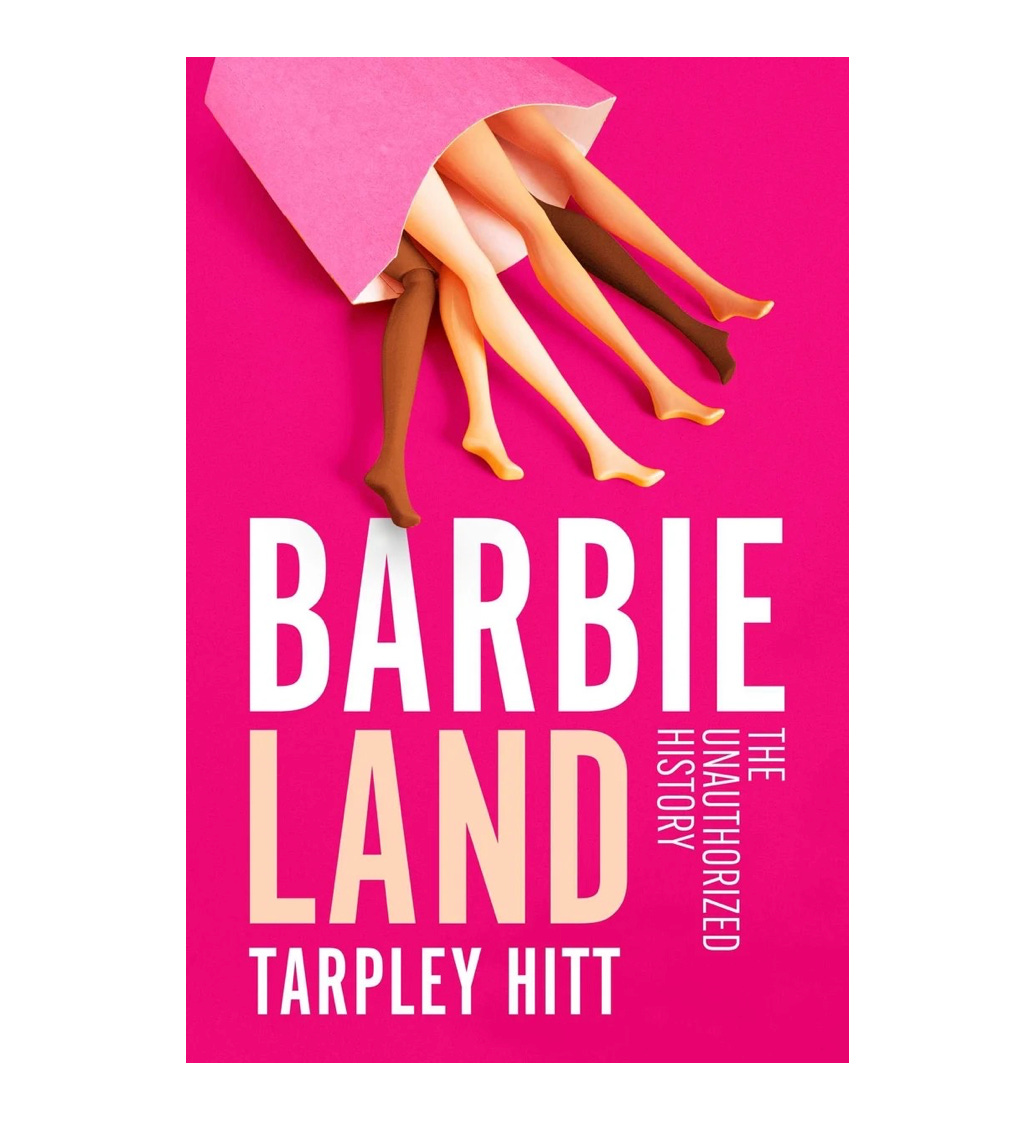Barbies at the Gate
A new book by The Drift's Mentions czar
My time at The Drift has been a tutorial in what the writer Alice Gregory called the “outsized pleasures of the very small.” Nearly six years ago, the founders of this magazine DMed me on Facebook Messenger to say they were working on a new project. It is probably never a good time to start a little magazine, but it was an especially bad time then. Print had been eulogized several times over. Digital media had pivoted to video and pivoted back with smaller staffs. And this new little magazine had very little money — more precisely, none. But Rebecca and Kiara made a wildly ill-advised undertaking seem possible, urgent, and fun.
Through some alchemy I still don’t understand, that small idea became a real magazine, with fifteen (soon to be sixteen) issues, readers on six continents, full-time staff, and dental insurance. If there was any special ingredient that made The Drift work, besides a willful blindness to conventional economic wisdom, it was Rebecca and Kiara’s almost sacred regard for the work of editing. Every piece we have published has run a Google Docs gauntlet, an endurance game in which each idea is debated, each paragraph is scrutinized, and each sentence massaged until it reads with rhythm. It’s an approach that has not only yielded some of my favorite features — from David Klion’s close read of the Josh Schwartz canon to Julia Rock’s profile of Norman Finkelstein to Daniel Yadin’s treatise on the allures of romantasy — but also every Mention that has appeared in this newsletter. The brevity of those little paragraphs belies editing as involved as that behind any essay, sometimes requiring eight-plus revisions for a single sentence. If this process suggests some new ailment not yet chronicled in the DSM-V, it is also one whose cartoonish rigor has outsized impact. Of the many pieces I have worked on at The Drift, it is perhaps the Mentions I hear about most — from writing professors who teach them in seminars to recently graduated writers hunting for first clips.
I tried to channel The Drift’s athletic attention to substance and style while writing my first book, Barbieland: The Unauthorized History, a story about the colossal footprint left by something very small. The book is about the history of America’s most recognizable toy since the Slinky, and the incredibly litigious corporate apparatus that made her unavoidable. It is also meant to be a tour through the literature of dolls, as well as an exploration of the “knockoff” — the tension between Barbie’s cultural branding as the first “adult” doll and the fact that she was a near-exact copy of a campy piece of advertising merch for a conservative German tabloid.
It is a book for those a bit baffled by the craze a certain movie started two years ago, but also for those unsettled by a country controlled by a handful of corporations. To quote a much-quoted Frenchman, all toys “are essentially a microcosm of the adult world,” and the story of Barbie is also the story of the desiccation of the regulatory regime engineered by the New Deal. Barbie’s Zelig-like cameos in twentieth-century politics put her in close contact with some of its most controversial figures — German media tycoon Axel Springer, Freudian marketer Ernest Dichter, Daniel Ellsberg’s warhawk father-in-law, presidents Richard Nixon and Bill Clinton, “Junk Bond King” Michael Milken, the architects of NAFTA, conservative judge Alex Kozinski, Shark Tank host Kevin O’Leary, multiple ex-Nazis, and multiple corporate spies. Her ubiquity also, as I argue in the book, lends her no small responsibility for our oligarchic status quo.
Barbieland will be in bookstores starting December 2, but you can preorder it right now (which, it turns out, is very helpful for new authors). On December 3, I’ll be speaking with my Drift colleagues Rebecca Panovka and Sophie Haigney at McNally Jackson Seaport — grab a seat for that here.
Thanks for reading,
Tarpley Hitt
Associate Editor






WOW. Preordering now! The perfect Hanukkah gift!